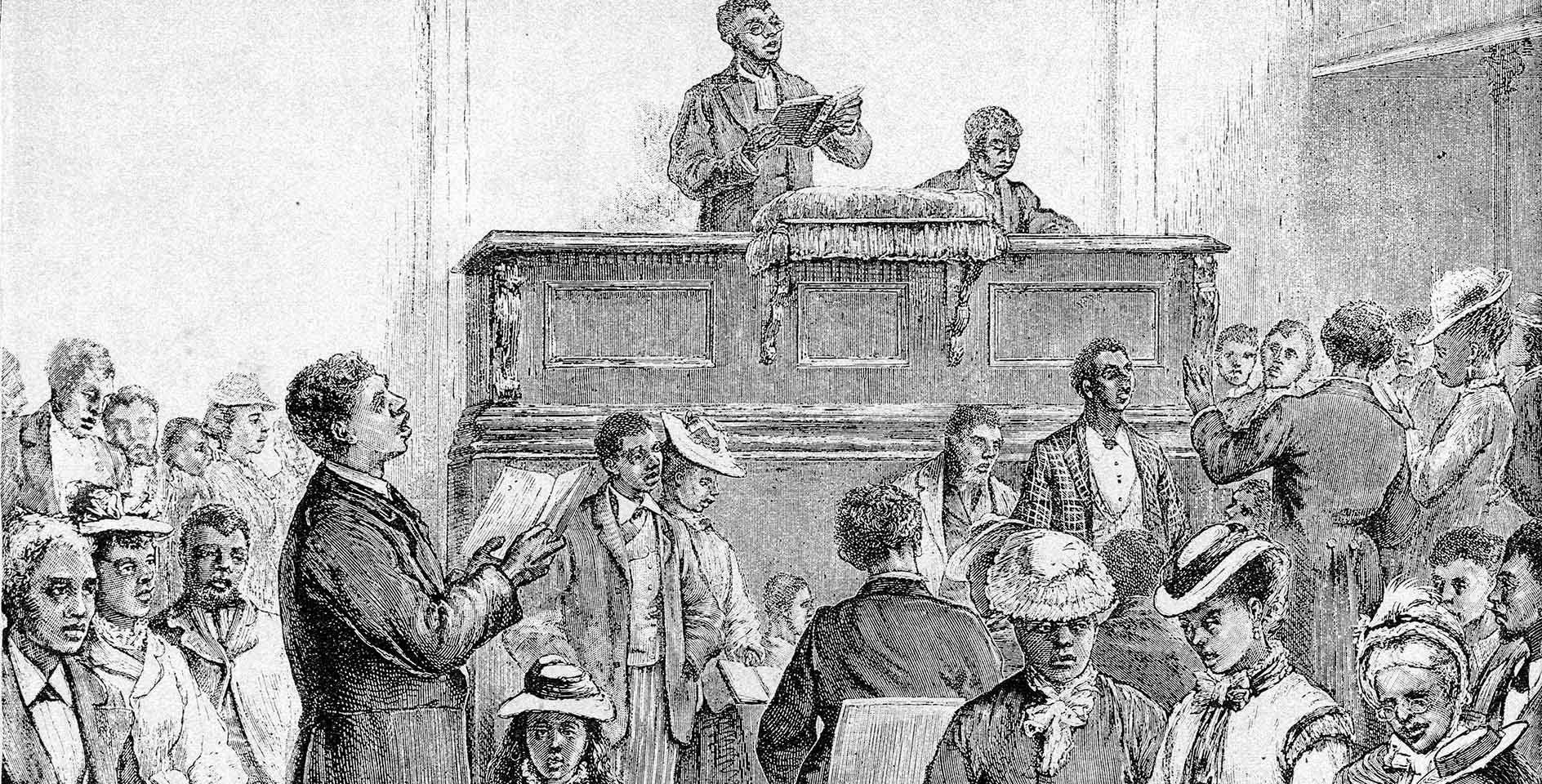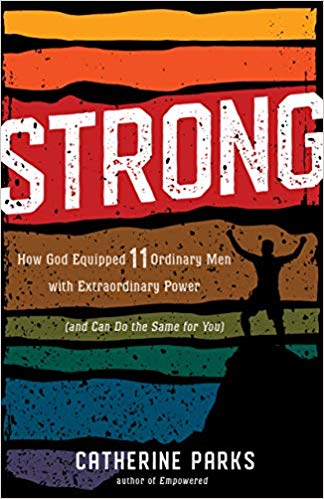The fact that Southern Baptists had a tragic beginning when it comes to racism is a well-documented historical fact. The Southern Baptist Convention was founded in 1845 as a result of southern churches deciding to no longer cooperate with northern Baptists over the issue of southern slave-owners being refused ordination for missionary service. As we study the lives and writings of many of our heroes in the faith, we are often stunned by their blind inconsistencies on the slavery question.
Of course, we do not study history in the abstract, which is precisely why this issue bothers us so much. We are white Southern Baptists from Alabama, which means it is possible some our ancestors could have owned slaves and that we might have too if we had lived at that time. The massive failure of the vast majority of our Baptist kin on the issue of race makes the exceptions all the more remarkable. One such exception is James Madison Pendleton (1811-1891). Pendleton was born in 1811 in Spotsylvania County, Virginia, and was raised from the age of one in Christian County, Kentucky. He pastored churches in Kentucky, Tennessee, Ohio, and Pennsylvania.
Pendleton was a prominent Southern Baptist whose life coincided with the racial debates surrounding the founding of the SBC and the American Civil War. He had everything to gain by siding with his denominational brethren on the slavery issue, but he courageously chose to argue for the end of slavery. There has been a great deal of talk recently about whether the Confederate flag should fly at state house grounds. Pendleton’s position on that issue in 1861 was to quote the popular Twitter hashtag #TakeItDown. Pendleton wrote,
It was about midsummer in 1861, when the Confederate flag was hoisted on the Court House in Murfreesboro, and there it waved for nine months, but I seldom saw it. I was unwilling to look at it, because it was usurping the place of the flag the United States—the flag of my heart’s love.[1]
In 1849, Pendleton wrote a series of letters in response to a series of proslavery articles Rev. W.C. Buck had written in the Baptist Banner. Buck refused to publish Pendleton’s responses in his paper and Pendleton turned to the Louisville Examiner to publish his rebuttal. The articles entitled, “Letters to Rev. W.C. Buck, in Review of His Articles on Slavery” put forth a courageous argument for emancipation.
As Christians continue to be pushed to the margins of contemporary American culture in our own day, James Madison Pendleton offers a model of convictional gospel courage that remains faithful to the gospel of Jesus Christ in the face of intense pressure to compromise. Note Pendleton’s own descriptions, from his autobiography, of what it cost him to oppose secession as a southern man living in Tennessee leading up to beginning of the Civil War:
I was known to be a Union man, and it was no advantage to me that nearly all my family connections, by blood and marriage, were on the other side. I suppose I was in greater danger of personal violence than I thought at the time. It is said that a citizen offered to head any company that would undertake to hang me, and that my name, accompanied by no complimentary remarks, was sent to the daring John Morgan. I knew not what might happen.[2]
Because of his allegiance to the Union at the outset of the Civil War, he was forced to resign his post at Union University in Tennessee. He describes his despair during this period, “I remember waking the next morning before the day and bursting into tears, under the impression that the Lord had nothing more for me to do, and that there was no place for me in his vineyard.”[3] To compound his grief, Pendleton’s own son would die in battle as a Confederate soldier.
Pendleton believed the Bible, when interpreted correctly, could not be coopted into a proslavery agenda. In response to proslavery advocates’ reliance on the Mosaic Law, Pendleton countered, “I have often wondered that the apologists of slavery refer with such frequency to the Mosaic law, when it is evident that if a prominent regulation of that law had not been utterly disregarded there would have been no slavery in America. Moses says, “He that stealeth a man and selleth him, or if he be found in his hands, shall surely be put to death.”[4]
Pendleton understood that there was more driving the proslavery agenda than simple and objective biblical interpretation. In response to Buck’s contention that many slaveholders owned slaves out of their obligation to love their neighbor and convert unbelievers. Pendleton replies with incredulous and biting sarcasm:
Can you name a class of men who in the early settlement of America went across the Atlantic to Africa “from mere impulses of humanity” to purchase slaves, “believing that they could materially better their condition?” Does history contain a record of such a class? If so I am ignorant of the fact, and would gladly be informed. I would like to do honor to the memory of men whose “impulses of humanity” excited so much sympathy for the African race. Give me, if you please, the names of those who composed this philanthropic “class.” They deserve a celebrity, which they have not yet attained.[5]
Pendleton knew that “their approbation of the system of slavery grows out of its supposed capability of producing dollars and cents.”[6]
Pendleton argued that slavery was a religious issue and not merely a political one. He wrote, “Many professors of religion, I know, speak of [slavery] as if it were on a level with ‘tariffs,’ ‘national banks,’ &c.; and this to me is a source of profound mortification. The idea that slaves are ‘property’ seems to have taken exclusive possession of their minds, and hence they overlook the capital fact that slaves are ‘persons’ as well as property.”[7] He continues, “The idea is horrible. Rational beings, on whose souls God has stamped immortality, are placed on an equality with beasts that perish.”[8] His personal ministry backed up his words as he admitted slaves into membership of his church in Bowling Green, Kentucky.[9]
Responding to Buck’s argument that slavery promoted the “holiness and happiness” of slaves, Pendleton countered with this gem:
If then it could be established that slavery promotes the holiness and happiness of slaves, it would follow that as it does not promote the holiness and happiness of the white population it would be well for white people to be enslaved in order to their holiness and happiness. … But you know, and I know that slavery “promotes the holiness and happiness” of neither the free nor the slave population.[10]
As Pendleton saw it both North and South were self-seeking and blameworthy in the Civil War. He did not hold a righteous North or a righteous South theory about the war. He wrote, “In the early part of the war there was no reference to the extermination of slavery” but it became clear to the North that “the preservation of the union required the abolition of slavery by a successful prosecution of the war.” According to him, it was “an overruling Providence” that was to be credited with the end of slavery. He continued, “It is evident that the end of slavery was not man’s work.” He summarized, “The overthrow of American slavery was an epoch in the world’s history, and it is the providence of God that creates epochs.”[11]
[1]J.M. Pendleton, Reminiscences of a Long Life (Louisville: Press Baptist Book Concern, 1891), 122-123.
[2] Ibid., 122-123.
[3] Ibid., 134.
[4] J.M. Pendleton, Letters to Rev. W.C. Buck, in Review of His Articles on Slavery(Louisville: n.p., 1849), 5.
[5] Ibid., 7.
[6] Ibid., 8.
[7] Ibid., 2.
[8] Ibid., 6.
[9] Ibid.
[10] Pendleton, Letters, 3.
[11] Pendleton, Reminiscences, 125.











